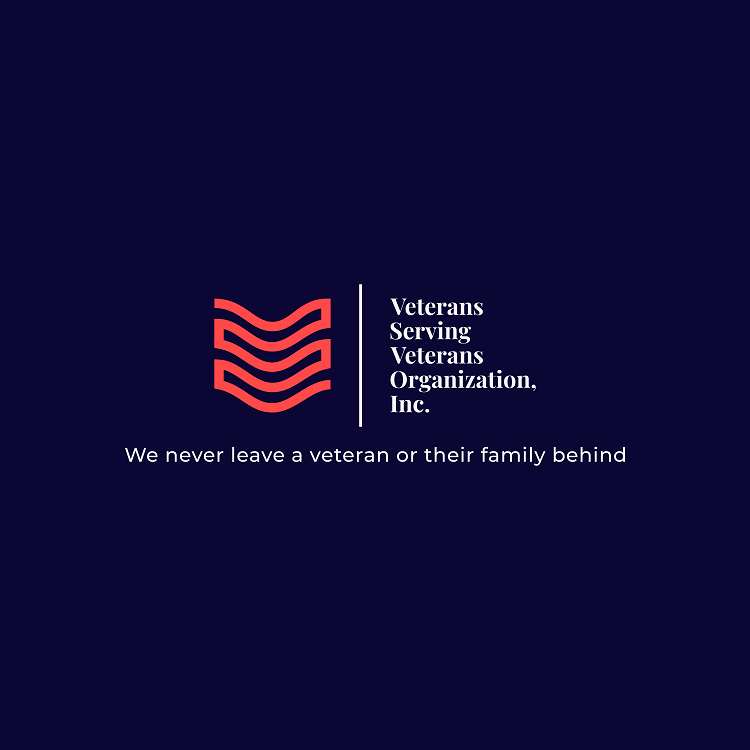
As the president of the non-profit organization, Veterans Severing Veterans Organization, Inc., Brian Stepp has witnessed first-hand the importance of providing veterans and families of fallen veterans with access to resources that benefit their mental health. Retuning to civilian life and processing the loss of a loved one in the armed forces is far from an easy task, and assistance managing mental wellness is one of the most crucial ways that organizations empower individuals to move on. Here, Brian Stepp discusses a few ways that organizations can improve the mental health landscape for veterans and their families.
Provide Access to Mental Health Screenings
There are several reasons that mental health screenings for veterans are an important for assisting with their mental wellness. Suicide rates for veterans are 1.5 times higher than that of the general population and, while experts may not know the specifics of why this is the case, they realize that there are various factors that may contribute to this issue. For example, insomnia, acute psychosocial stressors, mental health conditions such as depression, PTSD, and traumatic brain injury (TBI), as well as substance abuse all stand out as potential reasons for declining mental health of veterans. The U.S. Department of Veterans Affairs reports that, of the 20 veterans that commit suicide a day, nearly three quarters are not under VA Care. Brian Stepp realizes that this means that, with proper mental health screenings for veterans, organizations may be able to reach those that need it and get them more of the help that they need.
Improve Access to Alternative Methods to Handle Stress
Brian Stepp speaks to how certain medications can be an excellent way for veterans to improve their mental health and adapt to civilian life. Still, he acknowledges that many medications tend to work best in tandem with other methods to help veterans reduce their stress and manage more complex emotions regarding their past, present, and future. For example, many organizations that work with veterans and their families instill mindfulness exercises into their treatment methods. This is because mindfulness can help veterans and their families feel more fully present, reducing stress and increasing self-awareness to help individuals cope with depression, anxiety, and chronic pains. Alternative methods for handling stress and negative emotions can be a useful tool for veterans because of their accessibility and can be used in tandem with medications and clinical approaches towards improving mental health.
Listen to Veterans
While we tend to do a much better job hearing veterans out regarding issues linked to their thoughts, feelings, and overall mental wellness now than in the past, Brian Stepp acknowledges that there is still much work to be done. Even some of the most prolific organizations that assist veterans and veterans’ families can sometimes lose focus of the scope of their work during day-to-day operations. Listening to veterans is one of the most important things that organizations can do as they work to make strides in improving the mental health landscape because they are who it is all meant to benefit. If veterans have thoughts or opinions regarding their care, we should offer our undivided attention to what they have to say. Veterans want to be heard, and their feedback should play a crucial role in advancements made by organizations to increase the scope of their impact.


